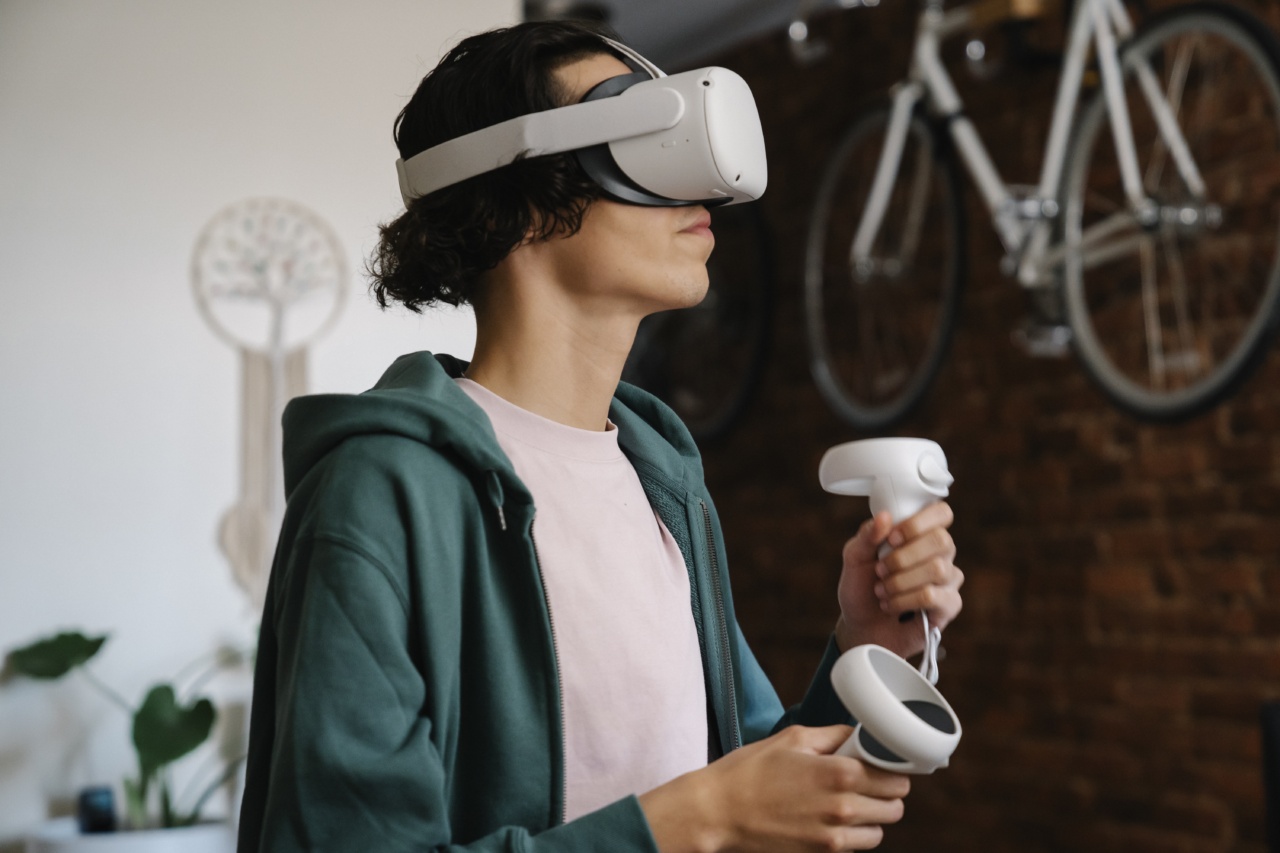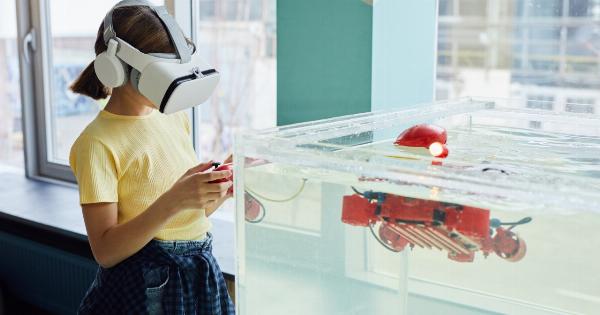Visual perception plays a crucial role in cognitive and emotional development during infancy. Infants rely on their visual senses to learn and interact with their environment.
Understanding the evolution of visual perception in infants can help parents and caregivers to provide effective early interventions that enhance their cognitive and social abilities.
Object Perception and Recognition
Object perception is the ability to recognize and differentiate objects in the environment. During the first few months of life, infants have limited abilities to distinguish between objects based on their shape, size, and texture.
However, research shows that infants as young as one month of age can differentiate between simple geometric shapes and colors.
At around three months of age, infants develop the ability to process more complex visual information, such as faces, and differentiate objects that share similar properties.
By six months, infants can recognize familiar faces and objects and can distinguish between two-dimensional and three-dimensional objects.
Spatial Perception and Depth Perception
Spatial perception is the ability to perceive the position of objects in relation to one another. Infants start developing spatial perception skills from birth through their experiences with their surroundings.
They can perceive the distance between objects and develop a sense of depth perception that allows them to navigate their surroundings.
However, infants’ depth perception abilities are not fully developed at birth. They require additional experiences (such as crawling) to develop the ability to perceive the distance and depth of objects accurately.
By six months of age, infants can perceive object distance and develop the ability to distinguish between a flat surface and a raised object.
Motion Perception
Motion perception is the ability to recognize and interpret movements in the environment. Infants show innate abilities to detect and respond to motion.
They can perceive the direction of a moving object and show an interest in moving objects from an early age.
By the age of six months, infants develop the ability to perceive motion in three dimensions and can track moving objects accurately.
These abilities allow infants to coordinate their movements better and interact more effectively with their environment.
Attention and Visual Memory
Attention and visual memory play a crucial role in infants’ cognitive development. Infants need to attend to visual information to perceive and learn effectively. They also need to remember visual information to perform certain actions or routines.
During the first few months of life, infants may have difficulty sustaining attention to visual stimuli. However, by six months of age, they can sustain attention for longer periods and can shift their attention between different visual stimuli.
Infants can also develop visual memory abilities that allow them to recognize familiar objects and faces and recall previously seen visual stimuli.
Perceptual Development and Social Interaction
Perceptual development is strongly related to social interaction during infancy. Infants rely on visual information to interact with people and learn social skills.
In turn, social interactions can enhance infants’ perceptual development by providing them with experiences that stimulate their attention, memory, and discrimination abilities.
Early interventions that promote social interactions, such as parent-child play and socialization with other infants, can enhance perceptual development and promote cognitive and social-emotional outcomes.
By understanding the evolution of visual perception in infants, parents and caregivers can provide effective interventions that can promote infants’ cognitive and social abilities.
Conclusion
Visual perception is a complex process that evolves and develops during infancy. Infants show innate abilities to perceive and respond to visual information from an early age.
However, their abilities to differentiate and recognize visual stimuli improve through experiences and interactions with their environment.
Understanding the evolution of visual perception in infants can help parents and caregivers to provide effective early interventions that enhance their cognitive and social abilities.
By promoting social interactions and experiences that stimulate attention, memory, and discrimination abilities, parents can support infants’ perceptual development and promote healthy cognitive and social-emotional outcomes.






























